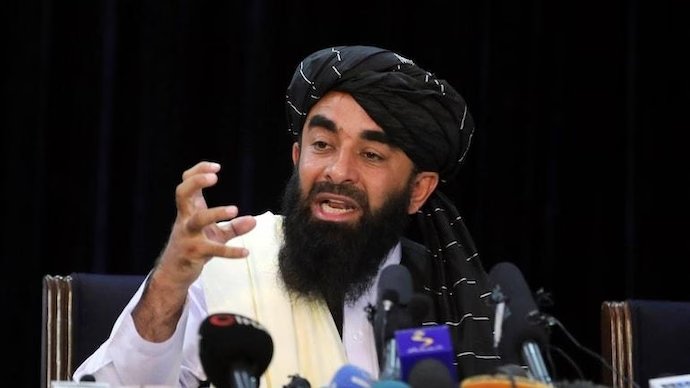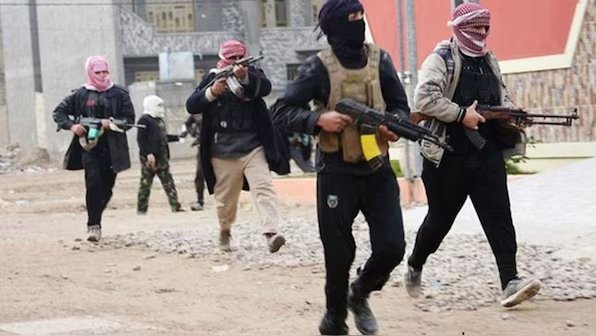IS fighters killed 14 individuals in a region with a high population of Shiite Muslims in central Afghanistan, marking one of the most fatal assaults in the country in 2024.
The extremist organization admitted to carrying out the shooting on Thursday, which was aimed at a group of minority Hazaras traveling from Ghor to Daikundi. The attack left six more individuals injured.
The Islamic State claim death toll higher than what Taliban reported

The Islamic State group took credit for the shootings prior to the Taliban authorities in Kabul admitting to the attack. The IS fighters employed a machine gun during the attack and asserted causing more casualties than the Taliban’s official report.
The Foreign Ministry spokesperson Nasser Kanaani, as reported by the Iranian news agency IRNA, stated that the attackers aimed at individuals greeting Afghan Shiites coming back from pilgrimage in Iraq. He urged for prompt measures to hold accountable the individuals responsible for the crime.
Also read: Osama Bin Laden’s son alive, leading Al-Qaeda in Afghanistan: Reports
Islamic State’s Afghanistan branch a major rival to the Taliban
The Islamic State’s branch in Afghanistan is a significant competitor to the Taliban and has contested their power through assaults on schools, hospitals, mosques, and Shiite regions for the last three years.
In Bandar village, Daikundi province, on Friday, mourners surrounded two rows of bodies covered in colorful fabrics.
A family member of a victim, Reza Ali, blamed the government for security failures and believed the situation could have been prevented. He expressed concerns about the safety of their wives and children in the city or at school, similar to what occurred on the highway.
Also read: Pak-based terrorist Farhatullah Ghori calls for train attacks across India
Taliban strongly condemns attack; describes it as ‘barbaric action’

The attack was strongly condemned by the Taliban’s chief spokesman Zabihullah Mujahid, who labeled it a “barbaric action” and assured that authorities would safeguard people and their belongings.
Earlier this month, in the capital of Kabul, a suicide bomber from IS exploded his vest filled with explosives at a prosecutor’s office. In May, an explosive-laden motorcycle detonated in the northeast Badakhshan province, causing the deaths of a minimum of three police officers engaged in a poppy eradication mission.
Richard Bennett, a rights expert appointed by the UN for Afghanistan, expressed concern about the recent series of IS-claimed attacks.














